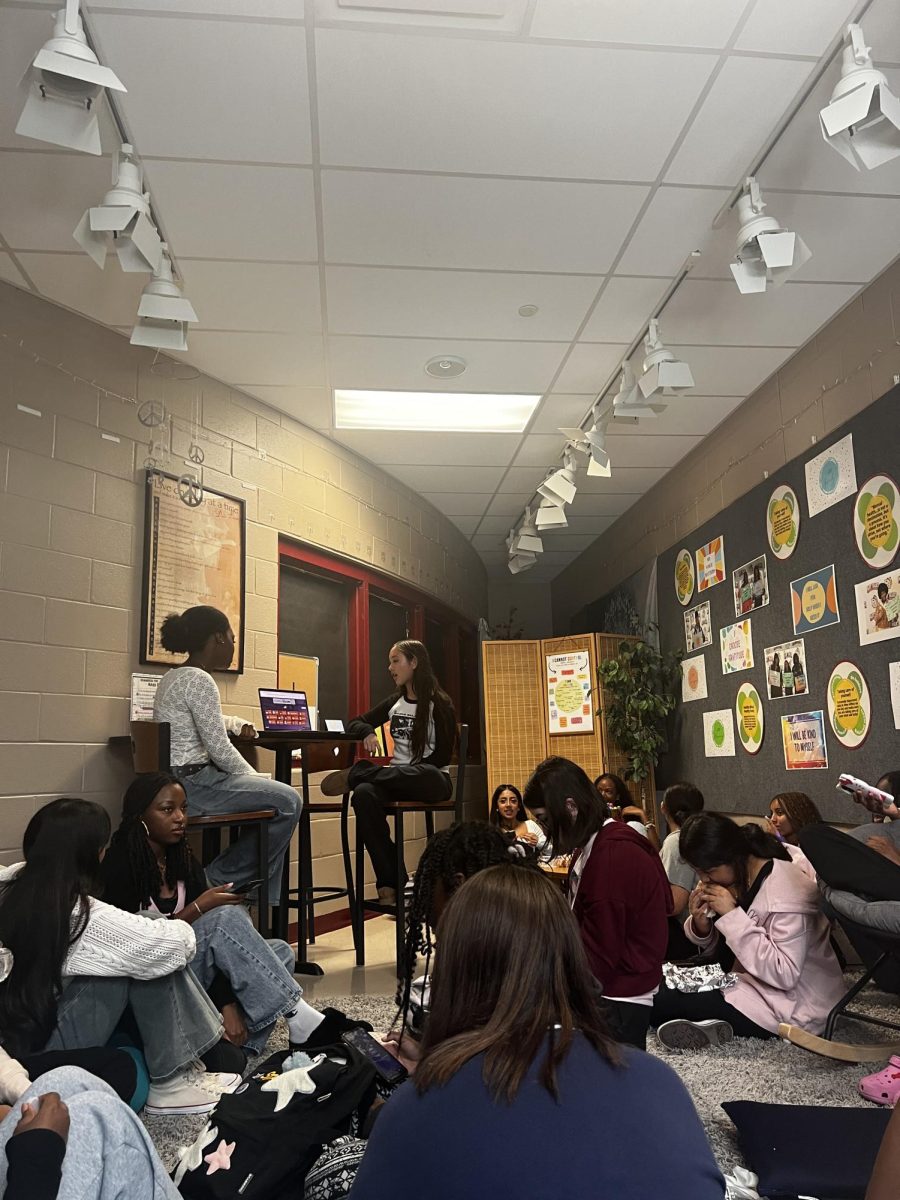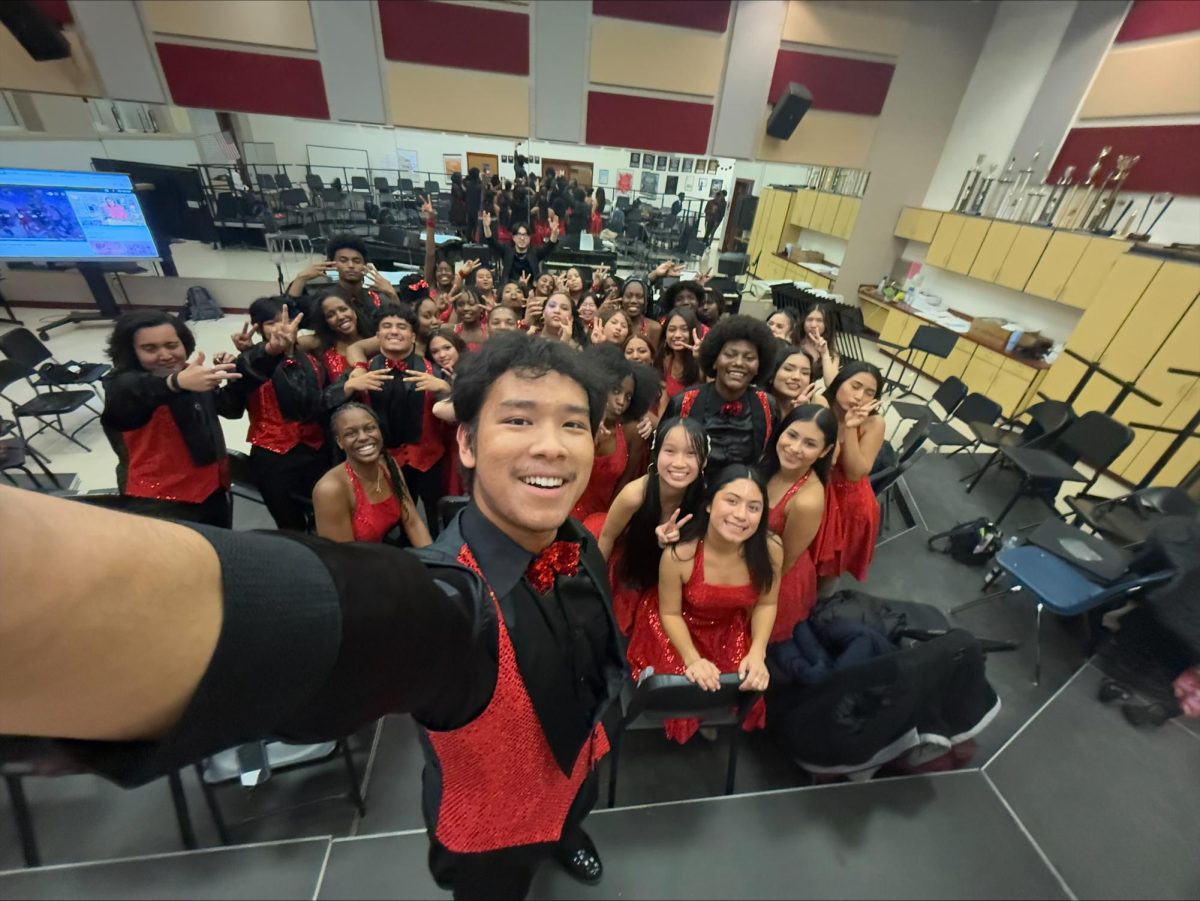Logic “1-800”: Bringing Our Attention to Topics the Media Ignores
December 12, 2017
Depression is a serious topic for some. Some try their best and steer clear of the conversation, and some just avoid it altogether. However, when suicide is combined with depression, most people would rather not even bring it up. The topic is too sensitive for many people. They find themselves unable to come to terms with the fact that it is a very real problem that impacts many people in society, especially teens.
According to the National Suicide Prevention Hotline in 2015, “Suicide is the second leading cause of death for young people between 10 to 24.” While that is a pretty significant margin to think about, the topic itself goes under the radar, almost intentionally, steering away from the public eye.
As for why this occurs, Beth McHugh from families.com states, “The stigma of suicide goes back a long way, which probably explains why no-one likes to talk about it.” McHugh goes on to say, “If a person is not permitted to ‘feel bad’ for want of a better phrase for more than perhaps a couple of weeks, then the clear message is to ‘pull your socks up’ or ‘move on.” McHugh is essentially saying that someone who is struggling with the seemingly impossible task of trying to cope with depression, this type of advice is not recommended. It causes them to repress their own feelings and essentially seems like their emotions are being invalidated.
While the topic is very sensitive, the mainstream media often seems to avoid talking about it, or at least bring it to the forefront. However, out of the shadows has come an artist who, more or less, has a significant following in the music industry. This artist has brought this serious topic into the light.
Many of you are familiar with Logic, a rapper who hails from our very own Gaithersburg.He has been on the map for a while now. Logic dropped an album back in May of this year, Everybody, and, on it was a song called “1-800-273-8255.” Odd name for a song title, right? However, a look reveals that the number is actually the phone number to the National Suicide Prevention Hotline.
The song revolves around an intentionally-unnamed person who feels like life as a whole doesn’t matter and they want to take their own life. The person calls the phone number and talks to someone at the center. The person reassures the caller that there are so many reasons to be alive. After the call, the person no longer wants to end their life and is finally happy.
Although superficial in terms of lyrics, the message is clear: things may look bleak now, but all wounds heal over time. “I hoped that it would help other people, [but] I didn’t expect it to go top 10,” said Khalid, an artist featured in an interview Billboard. The track, since its debut at the end of this April, slowly rose on the Billmain Mainstream Top 40 chart, where it now confidently stands at #3 on the list.
“I like to always do my best to make music catchy, so I think a very catchy melody is cool,” Logic said in an interview with Newsweek.com. “But the fact that it [the song] does spread awareness is also something that’s really special.” Since Logic’s performance of the song at the MTV Video Music Awards in August, the National Suicide Prevention Hotline has had about a 50% increase in calls, many of which were people who were viewing the awards show that Sunday night.
Many artists in the music industry make music for the sake of making music which is perfectly fine because there are loyal fans out there who will listen to their work. However, when an artist uses his platform to speak about something that is not only receiving as much attention as it should, but that can make serious impact on society, then he has not only put his talents on the map, he has ultimately become a household name to many.










































